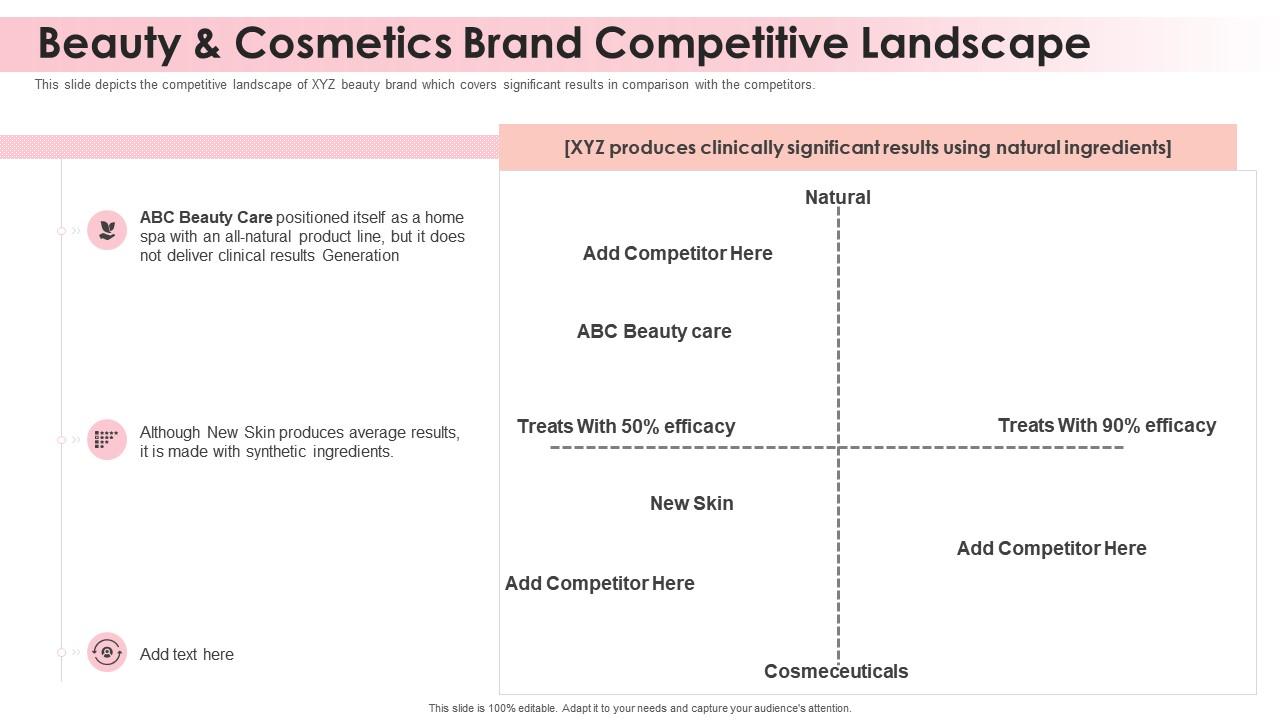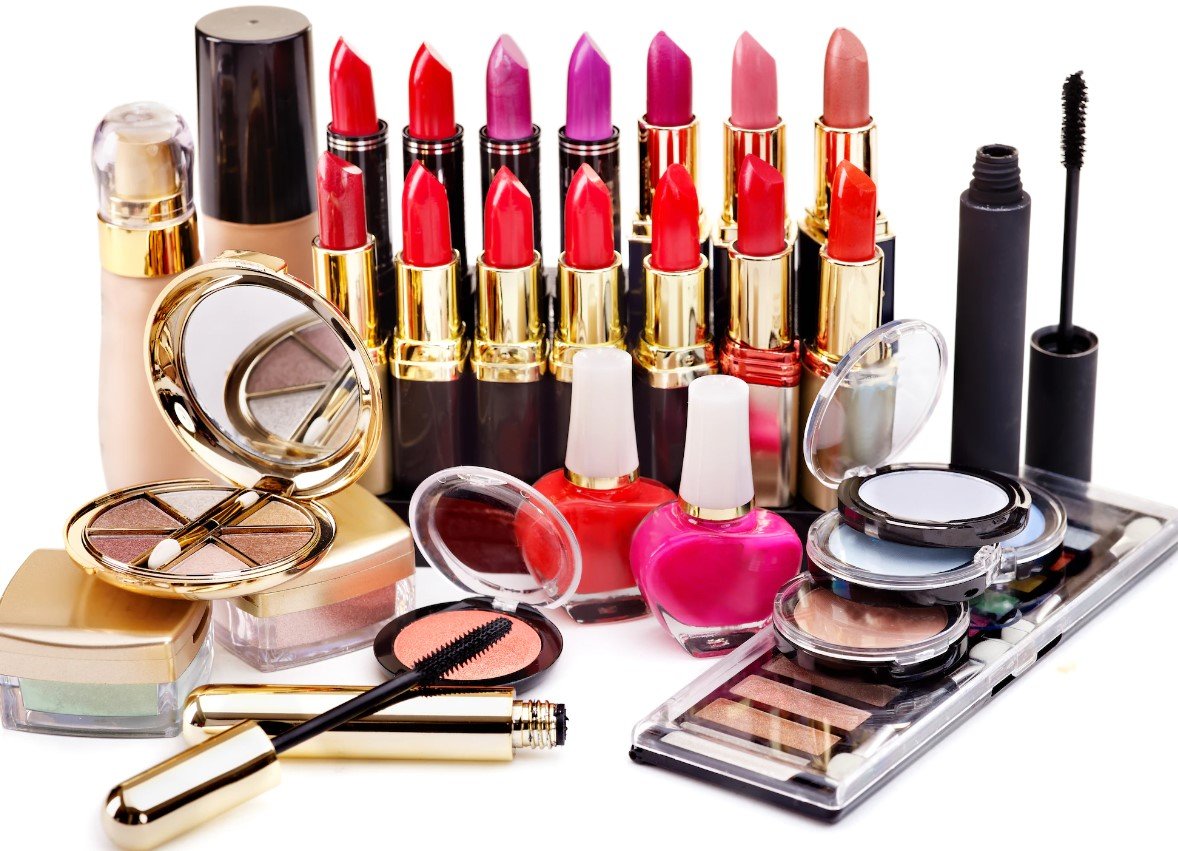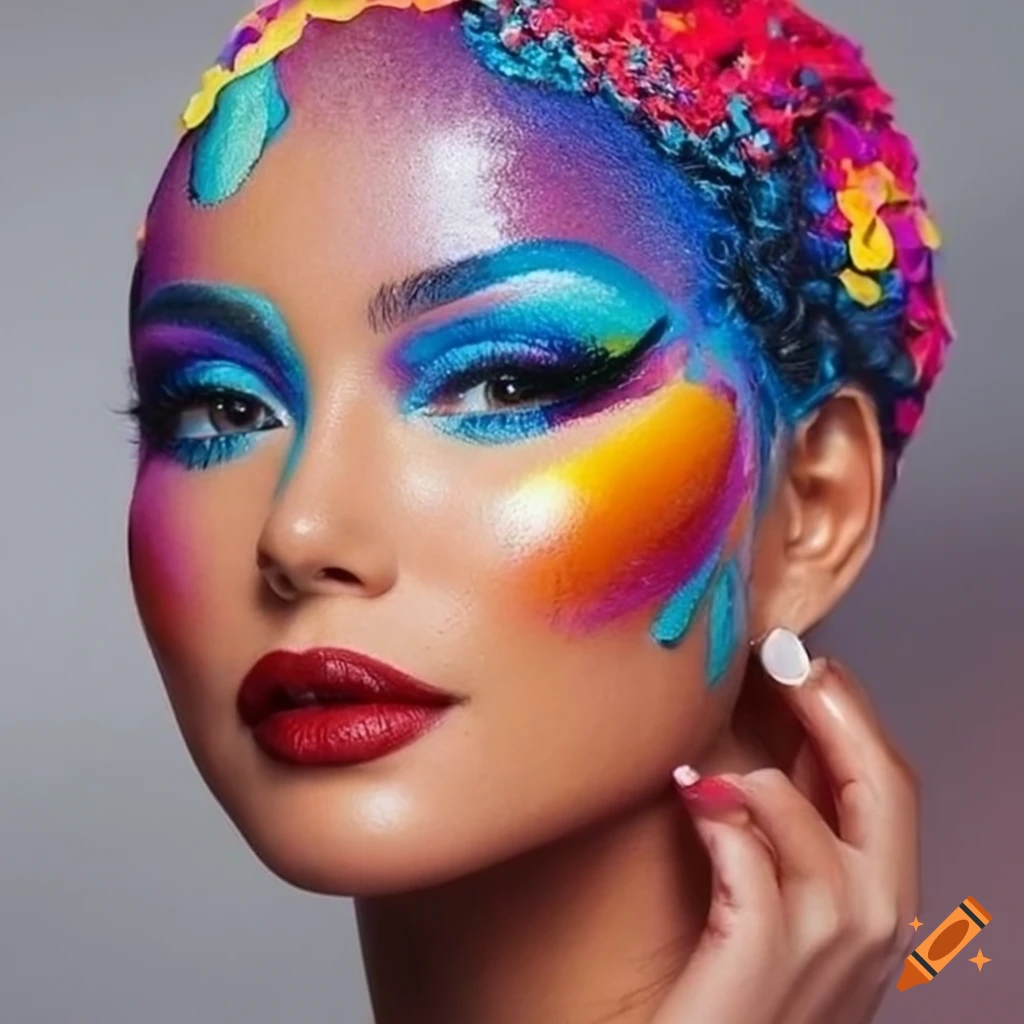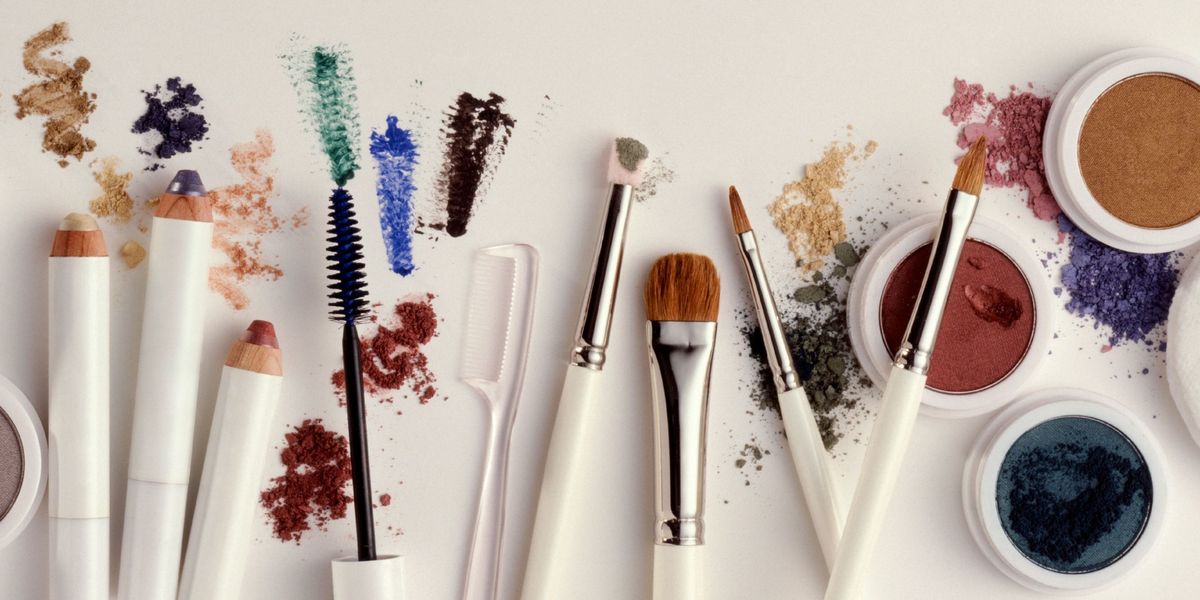The Vibrant Landscape of Makeup Manufacturers in the UK: A Comprehensive Guide
Related Articles: The Vibrant Landscape of Makeup Manufacturers in the UK: A Comprehensive Guide
Introduction
In this auspicious occasion, we are delighted to delve into the intriguing topic related to The Vibrant Landscape of Makeup Manufacturers in the UK: A Comprehensive Guide. Let’s weave interesting information and offer fresh perspectives to the readers.
Table of Content
The Vibrant Landscape of Makeup Manufacturers in the UK: A Comprehensive Guide

The United Kingdom boasts a dynamic and diverse landscape of makeup manufacturers, catering to a wide range of consumer needs and preferences. From established giants to emerging independent brands, the industry is constantly evolving, driven by innovation, creativity, and a keen awareness of global trends. This comprehensive guide delves into the key aspects of makeup manufacturing in the UK, exploring its significance, challenges, and future prospects.
Understanding the UK Makeup Manufacturing Landscape:
The UK makeup industry is a significant contributor to the nation’s economy, employing thousands of individuals across various sectors, including manufacturing, research and development, marketing, and distribution. The industry’s success is attributed to several factors:
- A Rich History of Innovation: The UK has a long-standing tradition of excellence in cosmetics and beauty products, with iconic brands like Boots, Yardley, and Elizabeth Arden having established themselves as global leaders. This legacy of innovation continues to inspire contemporary brands, fostering a culture of experimentation and creativity.
- A Diverse Consumer Base: The UK’s multicultural population presents a unique challenge and opportunity for makeup manufacturers. Catering to a wide range of skin tones, hair textures, and beauty preferences requires a diverse product portfolio and a commitment to inclusivity.
- A Strong Regulatory Environment: The UK has stringent regulations governing the production and sale of cosmetics, ensuring product safety and consumer protection. This regulatory framework fosters trust and confidence among consumers, contributing to the industry’s reputation for quality.
- A Thriving E-commerce Sector: The growth of online retail platforms has significantly impacted the UK makeup industry, providing manufacturers with a direct channel to reach a global audience. This shift has also enabled smaller, independent brands to gain traction and compete with established players.
Key Players in the UK Makeup Manufacturing Industry:
The UK makeup industry is home to a diverse range of manufacturers, each with its own unique approach and target audience. These can be broadly categorized into:
- Large Multinational Corporations: These companies, such as L’Oréal, Unilever, and Estée Lauder, dominate the market with their extensive product portfolios and global distribution networks. They leverage their resources to invest in research and development, pushing the boundaries of innovation and technology.
- Established UK Brands: These brands, such as Boots, Rimmel, and MAC, have a long history in the UK market, enjoying strong brand recognition and customer loyalty. They often focus on providing high-quality products at accessible price points, catering to a broad range of consumers.
- Independent Brands: This segment includes a growing number of smaller, entrepreneurial brands, often focusing on niche markets or specific consumer needs. They leverage their agility and responsiveness to adapt quickly to changing trends and preferences, offering unique product offerings and engaging with their customers directly through social media and online platforms.
Challenges Faced by UK Makeup Manufacturers:
Despite its strengths, the UK makeup industry faces several challenges:
- Increasing Competition: The global nature of the makeup industry means that UK manufacturers face stiff competition from both domestic and international players. This necessitates a constant focus on innovation, product differentiation, and effective marketing strategies.
- Supply Chain Disruptions: Global events, such as pandemics and geopolitical tensions, can disrupt supply chains, leading to delays in production and distribution. Manufacturers need to be agile and adaptable to mitigate these risks.
- Sustainability Concerns: Consumers are increasingly demanding sustainable and ethical practices from brands. Makeup manufacturers need to address environmental concerns, such as packaging waste and ingredient sourcing, to maintain their reputation and attract environmentally conscious consumers.
- Evolving Consumer Preferences: Consumer preferences are constantly evolving, driven by social media trends, influencer culture, and a growing awareness of diversity and inclusivity. Manufacturers need to be responsive to these changes and adapt their product offerings and marketing strategies accordingly.
The Future of Makeup Manufacturing in the UK:
Despite the challenges, the UK makeup industry is poised for continued growth and innovation. Several trends are shaping the future of the industry:
- Personalized Beauty: Consumers are increasingly seeking personalized beauty solutions tailored to their individual needs and preferences. This trend is driving the development of customized products and services, leveraging technology and data analytics to create bespoke experiences.
- Clean Beauty: Consumers are demanding transparency and sustainability from beauty brands, opting for products formulated with natural ingredients and environmentally friendly packaging. This shift is driving innovation in ingredient sourcing, manufacturing processes, and packaging materials.
- Digital Transformation: The rise of e-commerce and social media has significantly impacted the makeup industry, creating new opportunities for brands to connect with consumers directly. This trend is driving investments in digital marketing strategies, online retail platforms, and influencer collaborations.
- Focus on Inclusivity: The makeup industry is recognizing the importance of inclusivity, catering to a diverse range of skin tones, hair textures, and beauty preferences. This trend is driving the development of broader shade ranges, inclusive product formulations, and diverse representation in marketing campaigns.
FAQs by Makeup Manufacturers UK:
Q: What are the regulatory requirements for manufacturing makeup in the UK?
A: The UK has a robust regulatory framework for cosmetics, enforced by the Medicines and Healthcare products Regulatory Agency (MHRA). Manufacturers must comply with regulations related to product safety, labeling, ingredient restrictions, and testing requirements. This includes ensuring that all products meet EU standards and are compliant with the Cosmetic Products Regulation (CPR).
Q: What are the key considerations for sourcing ingredients for makeup manufacturing in the UK?
A: When sourcing ingredients, manufacturers must prioritize quality, safety, and sustainability. This involves choosing reputable suppliers, verifying ingredient purity and origin, and ensuring compliance with relevant regulations and industry standards. Additionally, manufacturers should consider the environmental impact of sourcing practices and prioritize sustainable and ethical sourcing methods.
Q: How can UK makeup manufacturers ensure their products are safe and effective?
A: Ensuring product safety and efficacy is paramount. This involves rigorous testing protocols, including stability testing, microbiological testing, and irritation testing. Manufacturers should also implement quality control measures throughout the production process, including raw material inspection, in-process monitoring, and finished product testing.
Q: What are the key trends shaping the future of makeup manufacturing in the UK?
A: The UK makeup industry is witnessing several transformative trends, including the growing demand for personalized beauty, clean beauty, digital transformation, and inclusivity. Manufacturers need to embrace these trends and adapt their product offerings, marketing strategies, and business models to remain competitive in the evolving market.
Tips by Makeup Manufacturers UK:
- Embrace Innovation: Continuously invest in research and development to create innovative products that meet evolving consumer needs and preferences.
- Focus on Sustainability: Implement sustainable practices throughout the supply chain, from ingredient sourcing to packaging and waste management.
- Build Strong Brand Identity: Develop a unique brand identity that resonates with your target audience and differentiates you from competitors.
- Leverage Digital Platforms: Utilize social media, e-commerce platforms, and influencer marketing to reach a wider audience and engage with consumers directly.
- Prioritize Inclusivity: Offer a diverse range of products and services that cater to a wide range of skin tones, hair textures, and beauty preferences.
Conclusion by Makeup Manufacturers UK:
The UK makeup industry is a vibrant and dynamic sector, driven by innovation, creativity, and a keen awareness of global trends. Despite the challenges, the industry is poised for continued growth and success, driven by the increasing demand for personalized beauty, clean beauty, digital transformation, and inclusivity. By embracing these trends and adapting their business models, UK makeup manufacturers can continue to play a significant role in shaping the future of the global beauty industry.








Closure
Thus, we hope this article has provided valuable insights into The Vibrant Landscape of Makeup Manufacturers in the UK: A Comprehensive Guide. We hope you find this article informative and beneficial. See you in our next article!